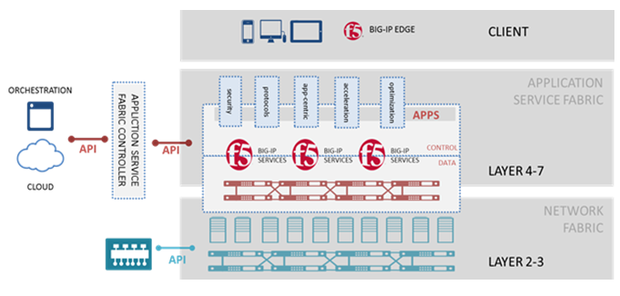So this past week or two I’ve been playing quite heavily with Citrix XenServer and found it has a few little quirks that weren’t fully documented anywhere.
Continue reading XenServer Quirks part 2
Tag Archives: Xen
F5 Buys Linerate Systems
Recently F5 announced their purchase of Linerate Systems link. So why is this news? Well it’s the latest in a series of purchases by all the major players. VMWare bought Nicira link, Cisco didn’t acquire anyone (yet) but they’re making a lot of SDN noise and Citrix Xen is already built on open vSwitch.
Even the non networking focused vendors are moving; HP has been into SDN almost since it’s inception almost 6 years ago but have gotten more serious recently. IBM are doing it and even Microsoft are dipping their toes into the water although I’m not entirely sure they get it, they seem to just be calling their virtual switching in HyperV SDN which strictly speaking I guess it is.
I’ve already posted about how much I love the concept of SDN and it’s good to see it’s finally starting to get some major traction. Now I wonder how soon before it starts to make its way seriously into the DataCentre.
Lessons learnt installing Citrix XenServer 6.0.2
After banging my head for nearly 3 days straight I finally got this HP MSA Array to talk to Xenserver 6.0.2.
What should’ve been a simple point click next, next install turned out to be not quite so straight forward and just goes to prove that bloody Murphy, he’ll get you every time.
Continue reading Lessons learnt installing Citrix XenServer 6.0.2
Not a bad day’s work
I do like the feeling when you actually achieve something. Meetings, planning and discussion all have their place but at the end of the day it’s about the result; probably why my slogan is making IT happen.
Openflow and Software Defined Networking
Recently I’ve been getting very excited about Openflow and it’s various interrelated projects under the banner of OpenStack, particularly Quantum and Open vSwitch.
Whats got me going about this, in particular, is it’s providing the ability for people (admittedly not ordinary people) to write their own network protocols. Why is this a good thing you ask? Don’t we already have a bunch of protocols both proprietary and open?
